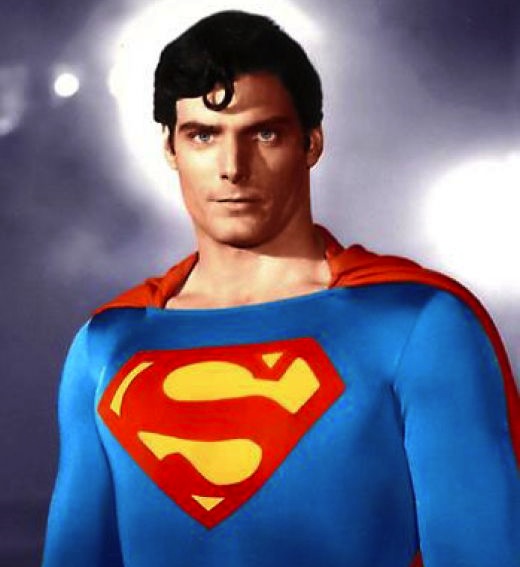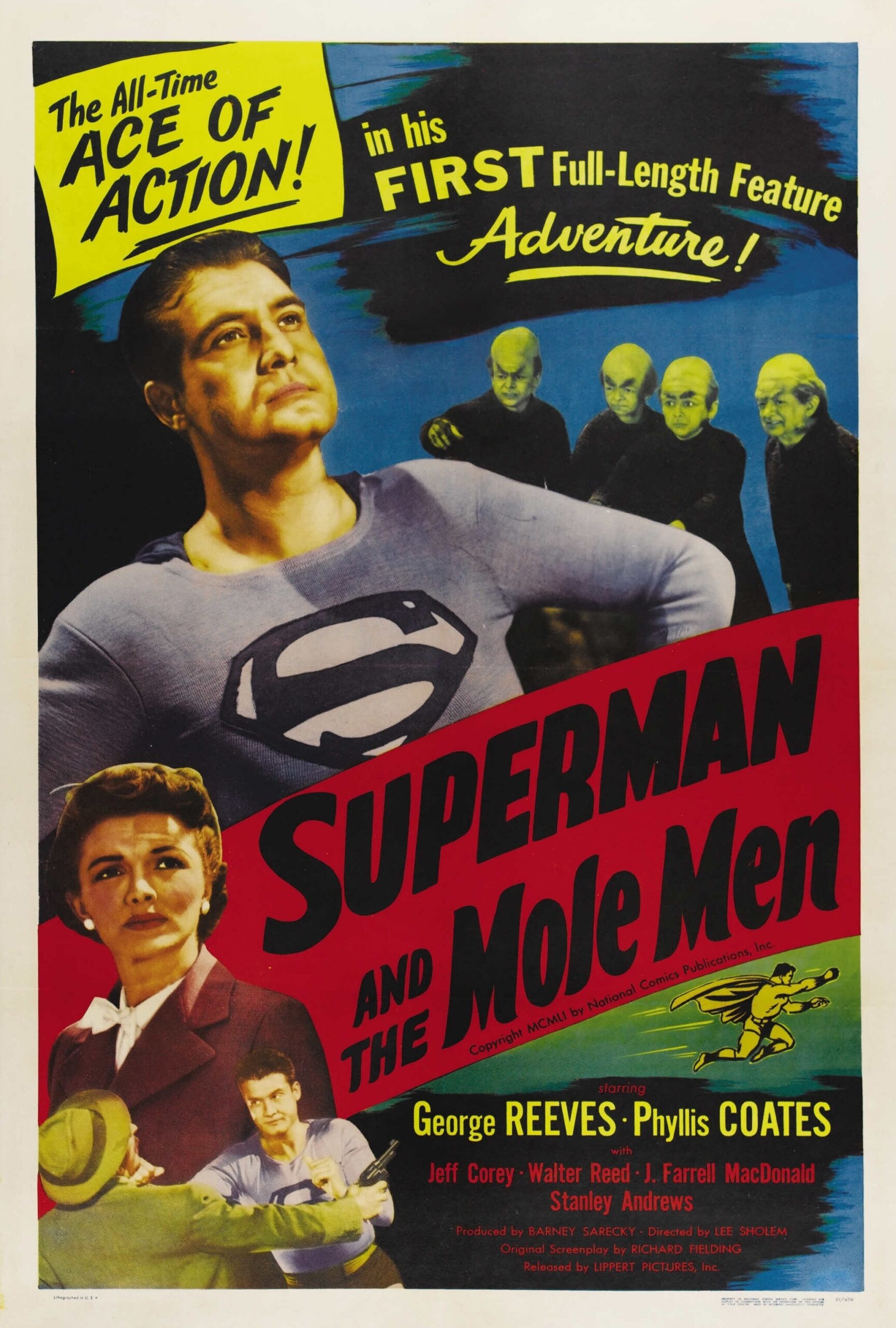Introduction to Superman (1978)
Released in 1978, Superman: The Movie was a landmark in the history of superhero films, setting the stage for the genre’s evolution into the blockbuster phenomenon we know today. Directed by Richard Donner, this adaptation of the iconic DC Comics character brought Superman to life on the big screen in a way that had never been seen before. With groundbreaking special effects, a stellar cast, and a perfect blend of humor and heroism, Superman (1978) helped redefine the superhero movie and became a cultural touchstone.
The film starred Christopher Reeve in the titular role, who would go on to become the definitive Superman for many fans. It was also the first big-budget superhero film to take its source material seriously, blending action, romance, and an epic narrative to create an unforgettable cinematic experience.
The Storyline of Superman (1978)
The Origin of Superman
Superman (1978) opens with a retelling of the superhero’s origins. From the destruction of his home planet Krypton to his arrival on Earth, the movie takes audiences through the journey of young Kal-El, who is sent to Earth by his parents, Jor-El and Lara, just before their world is destroyed. Kal-El grows up as Clark Kent in Smallville, Kansas, under the loving care of the Kents, where he discovers his extraordinary abilities.
The film focuses on the moral development of Clark Kent (Superman), as he comes to terms with his alien heritage and his responsibility to protect the people of Earth. As Clark matures into a young man, he dons the iconic red and blue suit, becoming Superman. In the film’s pivotal moments, Clark decides to embrace his role as Earth’s protector, after receiving guidance from his late father Jor-El (played by Marlon Brando), who urges him to use his powers for the greater good.
Superman in Metropolis
The action shifts to Metropolis, where Clark Kent assumes a job as a mild-mannered reporter for the Daily Planet. It is here that he meets the ambitious and charming Lois Lane, played by Margot Kidder. Lois becomes a central figure in the film as both Superman’s love interest and a crucial part of his human connection. As Clark Kent, he is too shy and awkward to reveal his true identity, but as Superman, he is everything Lois could dream of—a strong, heroic, and selfless protector.
The film delves into their relationship, as Lois falls for the superhero while remaining oblivious to the fact that Clark Kent is, in fact, Superman. This classic love story between Superman and Lois Lane became one of the defining aspects of Superman’s cinematic character, with both characters’ chemistry adding a human touch to the otherwise larger-than-life hero.
The Villainous Lex Luthor
No superhero story is complete without a villain, and in Superman (1978), the role of the antagonist is filled by the infamous Lex Luthor, played by Gene Hackman. Luthor is portrayed as a criminal mastermind with grand plans to destroy Superman and take control of the world. His schemes are both comical and sinister, creating a perfect foil for Superman’s righteousness and strength.
Luthor’s primary plot revolves around using a stolen nuclear missile to destroy the West Coast of the United States and profit from the ensuing real estate disaster. His obsession with defeating Superman adds layers of complexity to his character, while also serving as the movie’s main source of conflict. Hackman’s performance as Luthor is both charismatic and menacing, making him a memorable adversary for the Man of Steel.
The Cast and Performances
Christopher Reeve as Superman/Clark Kent
Christopher Reeve’s portrayal of Superman remains one of the most beloved performances in superhero cinema. He perfectly captured the duality of the character—Clark Kent’s mild-mannered, everyman persona and Superman’s confident, heroic presence. Reeve’s portrayal was both heartfelt and iconic, bringing the character’s warmth, vulnerability, and strength to life. His Superman was a symbol of hope and idealism, and his Clark Kent was relatable, yet charmingly awkward.
Reeve’s performance would go on to define Superman for a generation, and his iconic scenes—such as Superman flying for the first time and rescuing Lois Lane from a helicopter—are still etched in the memories of fans worldwide.
Margot Kidder as Lois Lane
Margot Kidder’s portrayal of Lois Lane brought the character to life with sharp wit, intelligence, and a sense of independence. Kidder’s Lois is determined, ambitious, and often fearless, making her a strong partner for Superman. Their chemistry is palpable, and the love story between Lois and Superman is a central theme that adds emotional depth to the film.
Kidder’s performance as Lois Lane is a key reason why the character became so iconic in the 1970s and 1980s. She balanced the romantic aspects of the role with a sharp, resourceful investigative journalist who isn’t afraid to get to the truth, even if it means taking risks.
Marlon Brando as Jor-El
Marlon Brando’s casting as Jor-El, Superman’s biological father, was one of the most high-profile elements of the film. Although Brando’s role is relatively small, his performance is profoundly impactful. As the wise and compassionate father figure, Brando’s Jor-El imparts the moral guidance that shapes Superman’s path, including the famous line: “You will be a god to them.”
Brando’s gravitas and presence in the film lend it a sense of grandeur, especially in the early scenes on Krypton, where he delivers a powerful message about Superman’s destiny and his role on Earth. His portrayal of Jor-El would influence future adaptations of the character and is still remembered as one of the film’s standout performances.
The Impact and Legacy of Superman (1978)
Setting the Stage for Future Superhero Films
Superman (1978) had a profound impact on the future of superhero cinema. Before its release, superhero films were largely confined to low-budget adaptations or animated features. However, Superman set the bar for what was possible in big-budget, live-action superhero films. With its groundbreaking special effects, sweeping music by John Williams (the famous “Superman Theme”), and epic storytelling, the film proved that superhero movies could appeal to a broad audience and achieve critical and commercial success.
The success of Superman led to a wave of superhero films, including sequels and the eventual rise of other superhero franchises, like Batman in 1989 and the modern Marvel Cinematic Universe. Without Superman (1978), it’s likely that the superhero genre would not have become the massive cultural phenomenon it is today.
The Enduring Influence of Superman (1978)
The movie’s influence has endured over the decades. Christopher Reeve’s Superman has become an iconic version of the character, and the film’s blend of sincerity, action, and heart is still referenced in modern adaptations. Elements like the flying scenes, the Fortress of Solitude, and the depiction of Superman as a symbol of hope and moral clarity remain key parts of the character’s identity.
Conclusion: A Defining Moment in Superhero Cinema
Superman (1978) is more than just a superhero movie; it is a cultural milestone that reshaped the way audiences viewed superhero films. With Christopher Reeve’s legendary portrayal, memorable performances from the cast, and a groundbreaking approach to special effects and storytelling, the film continues to resonate with fans. It set the standard for superhero films and remains a classic example of how to tell a timeless and inspiring superhero story. For fans of Superman, Superman (1978) is the definitive beginning of the character’s cinematic journey, and its legacy continues to influence superhero films today.




